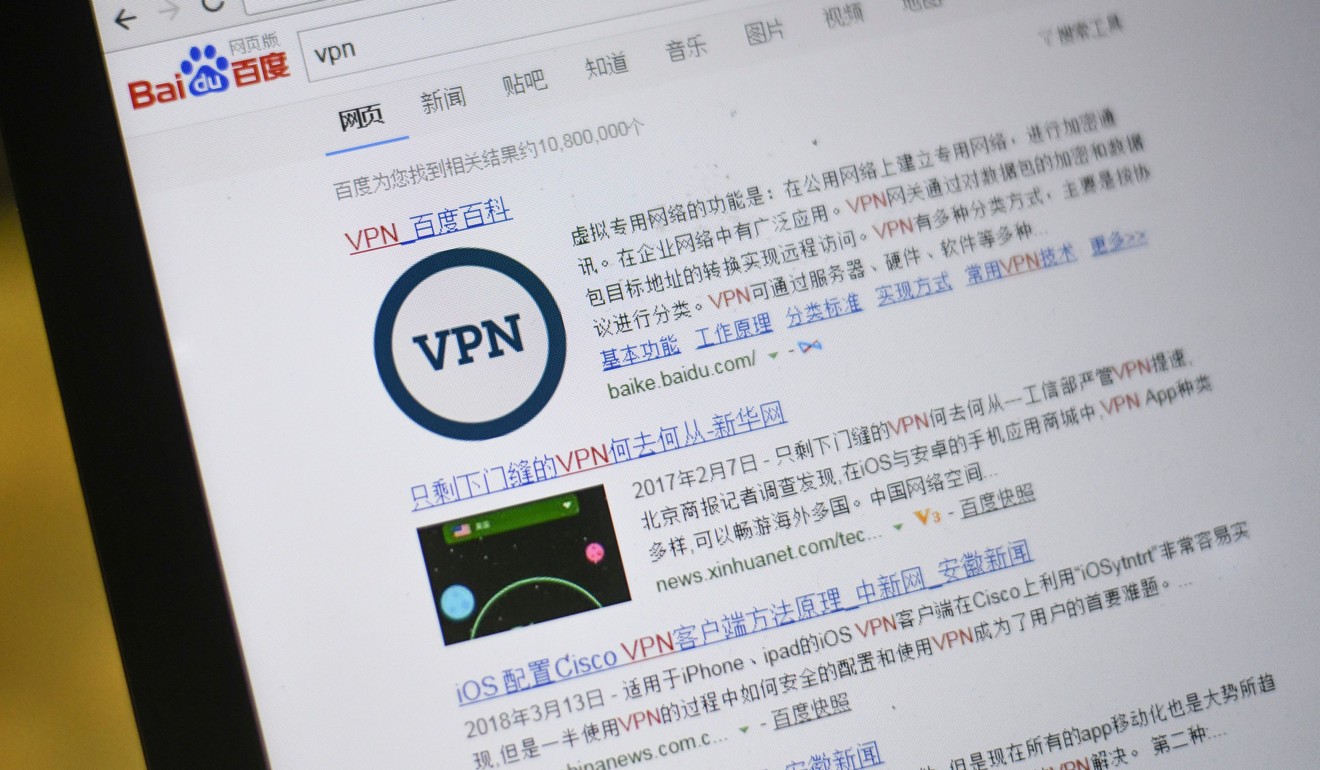
How the West may turn to China for some unlikely tips on internet regulation
- China’s alternative internet provides its 800 million users with domestic equivalents of most global sites
- In March, a database of about 364 million Chinese social media profiles was leaked online
While the West struggles to get to grips with internet regulation, China already has a sophisticated – some would say repressive – content control system in place.
Governments around the world are scrambling to hold internet companies accountable for what is published on their platforms amid renewed fears about the spread of harmful content on social media.
Last month Facebook enabled an Australian gunman to live stream a mass shooting that left 50 people dead in New Zealand. Though the account was quickly shut down, a video of the massacre circulated online, raising concerns about the consequences of a largely unfettered internet.
In recent weeks, governments in countries including the UK and Singapore have moved to take a more active role in defining the boundaries of acceptable online discourse.
Lawmakers in Australia, for example, passed a sweeping law to punish tech giants like Facebook and Twitter if they fail to remove inappropriate material from their platforms “expeditiously”.
All of this will sound familiar to China. The Chinese government runs the world’s most sophisticated censorship machine, powered by a combination of laws, technology, and human scrutiny.
While the West is extremely unlikely to adopt China’s model wholesale – there may be some tools that can be adapted. Here’s a look at some of them.
Content bans
The Chinese government has a slew of laws and rules banning online content it deems illegal or inappropriate.
While hate speech and terrorism are a clear “no no” in jurisdictions worldwide, China’s censorship regime is largely driven by politics, with no tolerance of criticism of the ruling Communist Party and its policies. Prominent among the taboos, for example, are the Three Ts – Taiwan, Tibet, and Tiananmen.
At the centre of the Chinese censorship apparatus is the Cyberspace Administration of China (CAC), which in recent years has introduced detailed regulations covering new online services as they surge in popularity.
One of the CAC’s new rules, which went into effect in November, ordered social media platforms hosting short videos, live streams, and microblogs, among other things, to assess on a regular basis their risks when it comes to mass mobilisation.
Aside from politics, China’s internet censors also screen out content depicting sex, violence, nudity, and same sex relationships, among other topics.
Great Firewall
China’s internet is often jokingly called an “intranet”, thanks to the almighty Great Firewall – the complex web of internet-filtering systems used in China to block access to thousands of foreign websites.
Chief among them are major Western news organisations such as the The New York Times and social networks like Twitter and Facebook.
One of the easiest ways to get around the Great Firewall is to use a virtual private network (VPN), which creates an encrypted channel between you and the internet.
But in recent years authorities have cracked down on unauthorised VPN services, with users fined and VPN sellers jailed in some cases.
China’s alternative version of the internet now provides its 800 million users with domestic equivalents of almost every major global online service – ones that are subject to government censorship.
There’s Baidu for Google, Weibo for Twitter, and iQiyi for Netflix, to name just a few.

Great Cannon
China’s censorship apparatus also has a way to intercept and redirect massive amounts of web traffic to specific websites so they will crash. The so-called Distributed Denial of Service (DDoS) attacks are orchestrated by a separate offensive system co-located with the Great Firewall, according to a 2015 report by Citizen Lab, a research group at the University of Toronto. It named the new attack tool China’s “Great Cannon”.
The first known targets of the Great Cannon were services designed to circumvent Chinese censors, including two pages on the code-hosting site GitHub, according to Citizen Lab. In March 2015, GitHub intermittently went offline as it battled against a five-day DDoS attack originating from China.
Real-name registration
China has killed anonymity in almost every aspect of its internet. Real-name registration is now in place for everything from discussion forums to video games. Although users do not have to display their real names to the public via these services, they are required to provide their identity card and mobile phone numbers for registration.
In February the CAC enacted new rules demanding Chinese users register their real names before they can use blockchain platforms in the country, despite the fact that the technology underpinning cryptocurrencies like bitcoin is known for providing anonymity.
Data sovereignty
The cornerstone of China’s internet control is data. A sweeping cybersecurity law put into effect in 2017 requires internet companies operating in China to store user data on local servers and allow inspections when authorities deem necessary. Apple, for instance, now lets a state-run mobile operator handle data belonging to its China-based iCloud users.
Data breaches, though, happen from time to time. In March, a database of about 364 million Chinese social media profiles was leaked online, revealing sensitive information such as real names and ID numbers gathered by a government-linked surveillance network, according Victor Gevers, a cybersecurity researcher with the non-profit GDI Foundation.
Human content moderators
China’s internet companies employ armies of human censors to police the content generated by users on their platforms – and the numbers keep growing. Last year ByteDance, owner of the viral short video app TikTok, pledged to expand its vetting team for the news aggregator app Toutiao from 6,000 to 10,000 people.
At Inke, one of China’s most popular live-streaming apps, artificial intelligence is employed to handle the grunt work of labelling, rating and sorting content into different risk levels. But around 12,00 staffers then take over, staring at their screens around the clock for things that could fall afoul of government rules, such as tattoos and bikinis.
Content reviewing, in fact, has become a thriving new business for state news outlets like People’s Daily, which provides risk control services for third parties.

Screen time limits for kids
China’s video game market has for years been subject to a government-led anti-addiction system, which, among other things, turns off in-game rewards after underage users spend more than five hours playing one online game per day. But top game developers like Tencent and NetEase have only recently moved to incorporate similar in-game controls into their mobile titles amid government concerns about childhood myopia.
Last month the CAC introduced trial projects on viral short video apps including Douyin (TikTok’s Chinese version) and Kuaishou, allowing parents to limit the screen time for young users to just 40 minutes per day.
Once the child lock is on, underage users will be banned from tipping and only have access to video content that is deemed appropriate for young people. The top internet regulator plans to roll out the anti-addiction system to short video apps nationwide in June.
Threats, harassment, arrests
On top of all the online restrictions, Chinese authorities infiltrate real lives to suppress opinions deemed a threat to the state. Activists across the country have been arrested for content they have posted in the past.
Some reported that police threatened their families to intimidate them not to speak out. More recently, the government has extended its controls to target China-based Twitter users for posting politically sensitive views, The New York Times reported.

